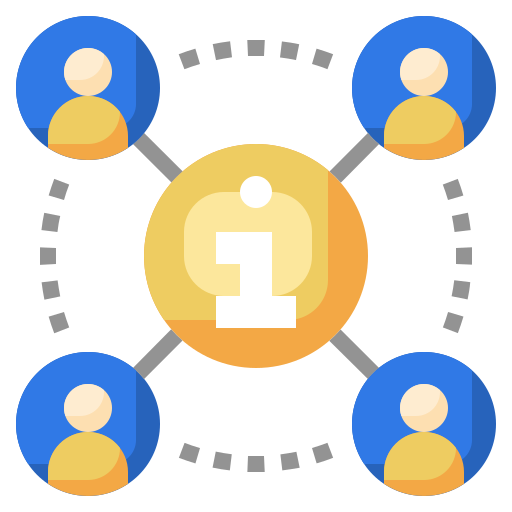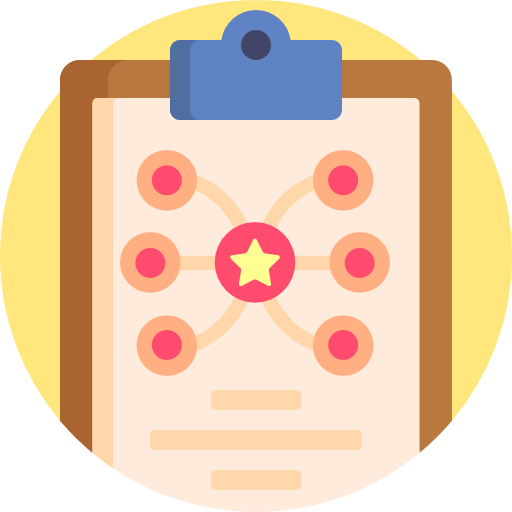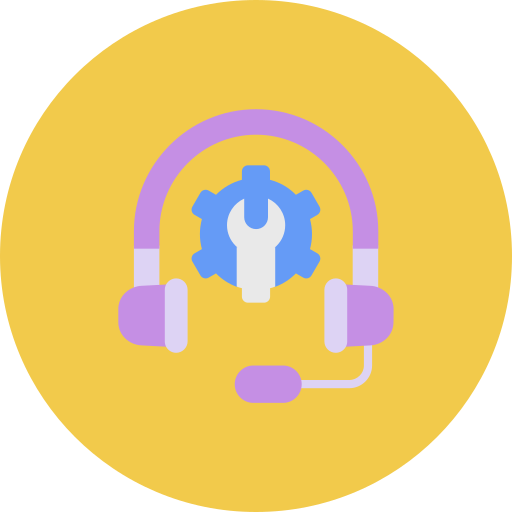Gold Standard Autism
Assessments for adults
- Home
- Autism For Adult
Autism Services for Adults
According to the National Autistic Society, there are at least 700,000 autistic adults in the UK. Contrary to popular belief, autism is not a learning disability or a mental health condition, it is a lifelong neurodevelopmental condition that impacts how people communicate and interact with the world around them.
Autism Diagnostic Assessments play a vital role in analysing adults’ core characteristics and providing them, and everybody around them, with clarity on their needs, as well as a clearer understanding of the support they may require going forward. Receiving an autism diagnosis can help adults understand themselves, and their individual traits, better.
What’s more, receiving an autism diagnosis enables adults to forge ahead with receiving the support they need (if required). This includes connecting with autistic communities and receiving informal peer support provided by groups and charities.

We’re with you every step of the way
How our Autism Diagnostic Assessments for adults work
1
Information-gathering
Before the assessment takes place, we will share some pre-assessment questionnaires with you, which we will need you to complete as fully as possible. We will then use this insight to identify the most suitable assessment.
Please note: If there is a strong indication, we will invite you to progress to the next phase.

Step
2
Multi-disciplinary assessment
Once we have reviewed your completed questionnaires, we will invite you to come and see us to be assessed. During the in initial session, we will chat to you un understanding your difficulties and take a developmental history. The second appointment we will use a range of specialist resources that enable us to understand you from a social, imagination and communication perspective.

Step
3
Diagnostic report
We will provide you with a written report within 4 weeks of your assessment session with us. If possible, we will share our diagnostic outcome with you, as well as tailored recommendations based on your individual circumstances. In addition to emailing the report to you, we will invite you to come in and see us, so that we can discuss the findings together.

Step
4
Tailored support
Here at Glowing Psychology, we not only care about making sure you receive clarity, but that you are clear on what the next steps look like. If required, we are more than happy to signpost you to relevant support services and provide you with ongoing support.


Understanding Autism
Cherishing Amazing minds
Autism Spectrum Disorder (ASD) is often identified in childhood, but many individuals receive a diagnosis in adulthood. In adults, autism can present through differences in social communication, sensory processing, and flexibility with routines or change. Some adults may find social interactions challenging, while others excel in areas requiring focus, attention to detail, or analytical thinking. Recognizing autism in adulthood can bring clarity to lifelong experiences and open access to tailored support. With appropriate accommodations, understanding, and evidence-based interventions, adults with autism can thrive in personal relationships, education, and employment, building fulfilling and meaningful lives.
Common autism signs
You may be experiencing…
People of all ages can be autistic. What’s more, every autistic person has a combination of characteristics that are completely unique to them. Some of the more common characteristics include:
Getting very anxious about social situations.
Finding it difficult to say how they feel.
Finding it difficult to understand what others are thinking or feeling.
Having the same routine every day and getting very anxious if it changes.
Real Life Stories



Book An Appointment Today
Speak to us about our Autism Diagnostic Assessments for adults today
If you have any queries about our Autism Diagnostic Assessments for adults or would like to discuss your requirements with us, complete the short form below and one of experienced, certified specialists will be in touch within 24 hours.
We're here to answer your questions
All the services we provide are charged for.
We operate as a not-for-profit independent organisation. This means you can always be assured that our fees are the lowest we can reach while maintaining the highest quality of assessment and support.
Please get in touch with the admin team for any specific queries about pricing.
No. Our clinicians can only provide a diagnosis if they believe you meet the diagnostic criteria. It would not be possible or ethical to guarantee a diagnosis. Complex histories or external factors may impact outcomes. We cannot refund fees based on diagnosis absence, as our service provides a rigorous UK best practice model assessment, not a specific diagnosis.
Yes. Our Adult Autism Assessment includes the Diagnostic Interview for Social and Communication Disorders (DISCO), conducted by an experienced psychologist or psychotherapist which is an inclusive Autism assessment tool particularly useful for assessing Autism in women and non-binary people. This is followed by an assessment by a neurodevelopmental specialist psychiatrist to ensure a comprehensive evaluation.
Yes, our clinicians are experienced in understanding masking complexities. Share information about how your child masks and their coping strategies during the assessment. Encourage your child to share how they feel with the clinicians. It is important that the clinicians have enough evidence to support a diagnosis, think about different settings that your child’s symptoms present in and share information with them.
The clinician’s must be able to evidence that the symptoms are present in a setting outside of home such as school, or an extra curricular activity. A professional in one of these settings will need to fill out pre-assessment questionnaires about your child’s symptoms and traits.
No, we don’t prescribe medication for ADHD.
